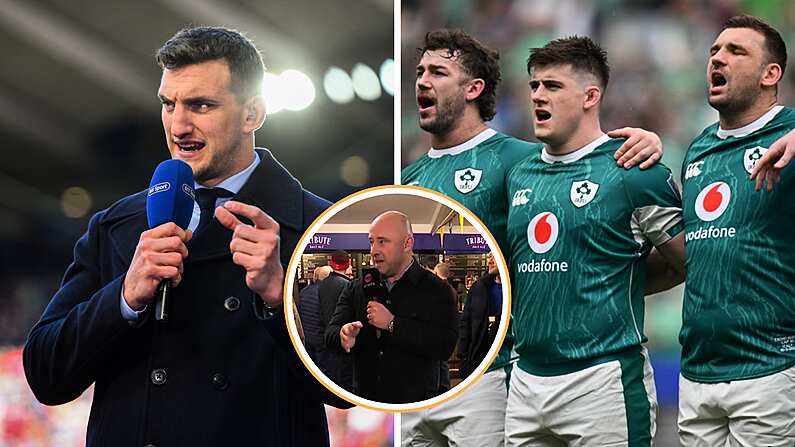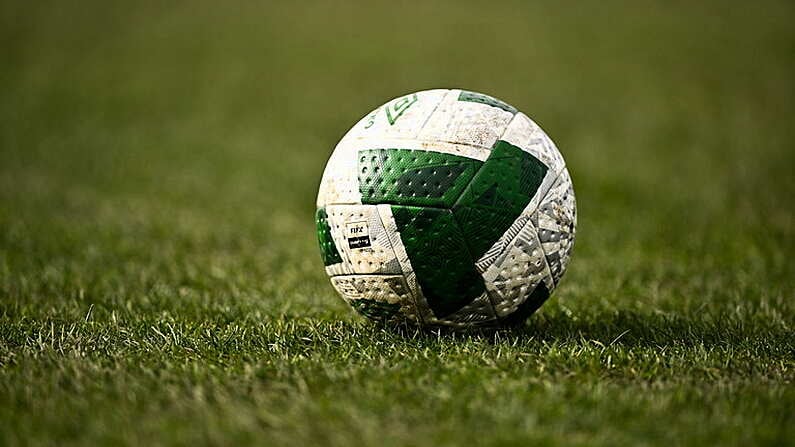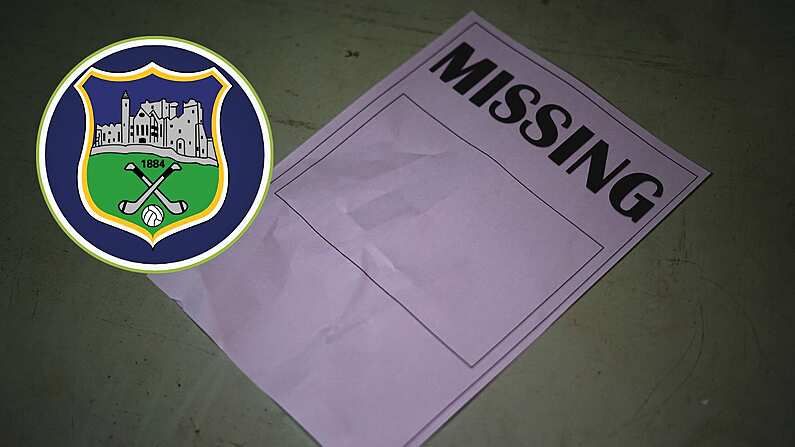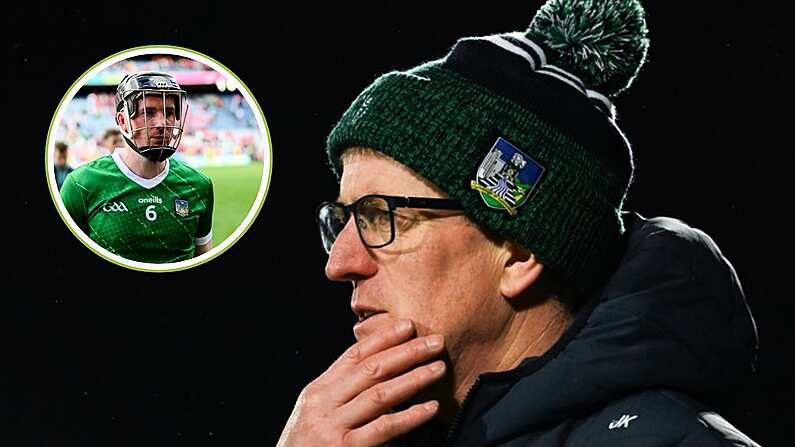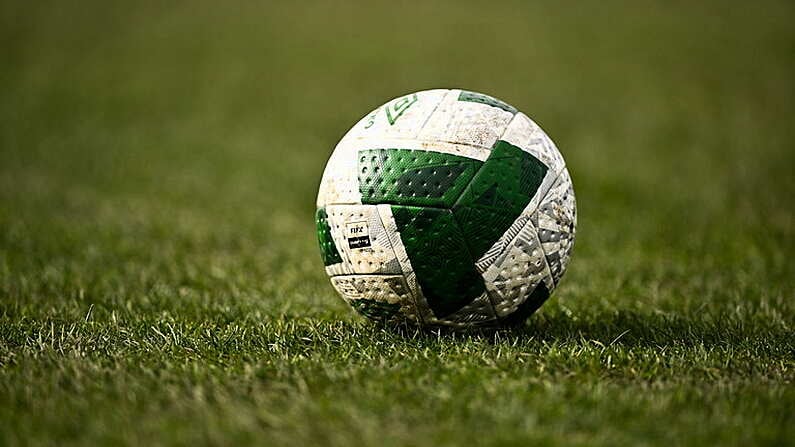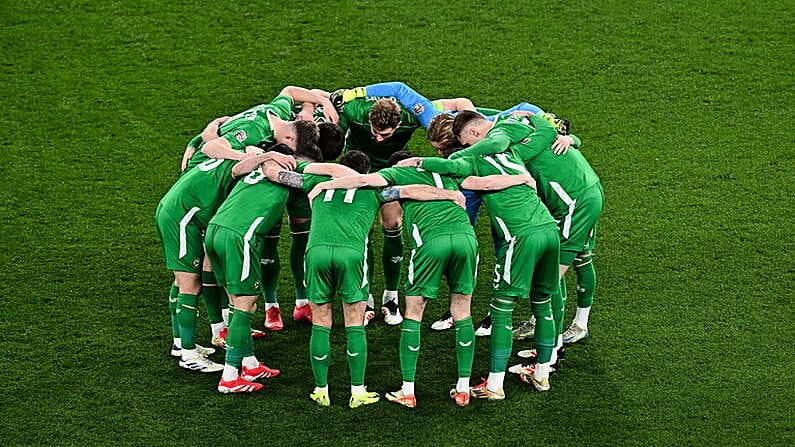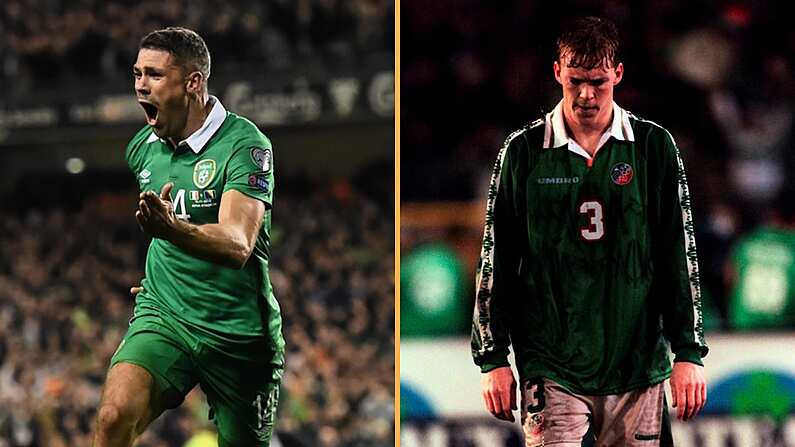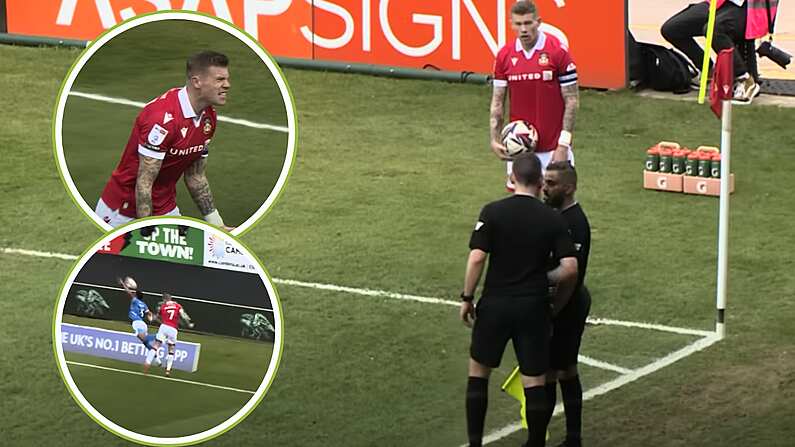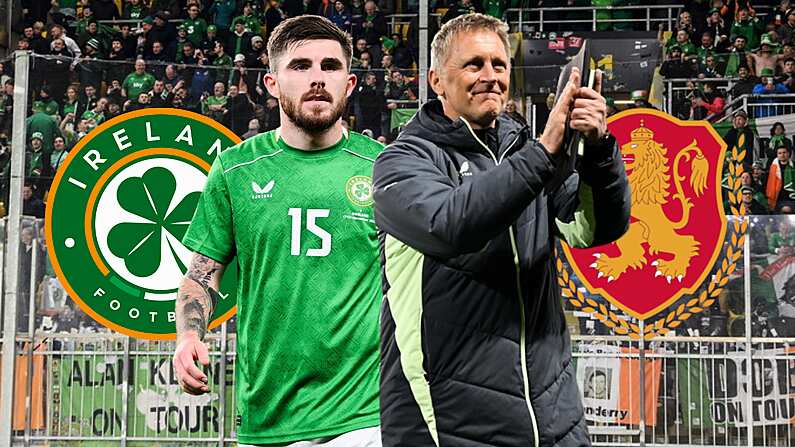If Martin O'Neill does get an offer he can't refuse from Everton, then the FAI will start a search for a manager that absolutely does not need to be decided with haste.
With no competitive fixture until March 2019, we have time to wait for a better candidate than what is currently available as those linked to the job currently - apart from Stephen Kenny perhaps - would not inspire excitement should they be appointed.
If we're talking about the ideal Ireland manager, someone that would be perfectly suited to get us playing to our strengths but crucially also allow us to play a bit of football, then I can't think of a better fit than Burnley manager Sean Dyche.
It's not realistic, and it won't happen. He's at a club where he is in full control of a project that is going really, really well, and if he doesn't get poached by a traditionally bigger club, then the England job is waiting for him. But while Dyche isn't even in the discussion for Ireland, there's a lot the next manager can learn from his team.
When you look at the squad of players available at Burnley, you simply do not see a group that belong in 6th place in the Premier League. It sounds harsh considering how well some of their individuals have been performing of late, but a strikeforce of Chris Wood, Sam Vokes, and Ashley Barnes would not strike fear into clubs around Europe, which is where the Clarets appear to be heading.
Dyche is able to get more than the maximum from his players through his system, one in which every player on the pitch knows their role inside and out. Take Michael Keane as an example of a player working in that system. At Burnley, in a system that values defensive solidity over everything else, he was singled out as one of the best players in the league last season. He moves to Everton, a side with no defensive organisation and no system at all by the looks of the things, and he's completely lost.
Granted, Everton's problems are far bigger than just Michael Keane, but as a quick Twitter search of his name will tell you, Toffees fans think they've been sold a dud.
And what about the hole Keane left at Burnley? Next man up.
James Tarkowski was a player nobody had heard of in August, and now is considered one of the more consistent defenders in the Premier League despite his decision to place two hands on the back of Aaron Ramsey on Sunday. He's effortlessly stepped up, and along with Ben Mee - who will be called up by England before the end of this season - has proven that Burnley can change the individuals and still see the same results.
So what are they doing that is so effective?
Keeping it simple, staying organised, not allowing a single player to give anything other than maximum effort on both sides of the ball, and by never leaving anyone isolated.
They set up in a 4-4-1-1, and the back-four tends to sits deep, right on the edge of their own penalty area, unless they are looking to spring an offside trap.
The full-backs pull in to pack the box, and the two wide midfielders drop back to help out, with the midfielders also sitting deep allowing nothing to drop on the edge of the area, creating a congested defensive third that is notoriously difficult to penetrate or get in behind.
This forces early crosses and speculative shots from distance, which are swatted away by two defenders who are in the team for their physical attributes and ability in the air. Shane Duffy and Ciaran Clark are made for this.
Ireland actually set up quite similarly to Burnley when we don't have the ball. You'll see two banks of four sitting deep, but the real difference comes in the transition from defence to counter-attack, and then sustaining the attack.
One major difference in defending is in pressing high up the pitch. With Ireland, we tend to sit off and invite defenders and midfielders to roam into space, but Burnley try and trap their opponent and force them to play back where they came from. This can often lead to mistakes which result in goals.
Where have we seen that happen for Ireland? Oh yeah...
A Burnley player pressing high by trapping an opponent resulted in a goal that will long be remembered.
In terms of attacking shape, Burnley leave one striker up top, and one midfielder - usually Jeff Hendrick these days - roaming off him. With Ireland, this results in Daryl Murphy or Shane Long being left on their own completely isolated and the midfielder having little to no impact on the game, but Burnley's system not only makes this work, but makes it dangerous.
Against Arsenal, Burnley went at them. It wasn't batten-down-the-hatches and hope for 90 minutes, and while they had to endure periods of heavy pressure, they always came out of it with a spell of their own, playing further up the pitch.
What sorcery is this? How can they manage to keep a solid eight outfield players at the edge of their own area when defending, and then actually get out of it without blasting the ball into the stands the way Ireland do?
They show for the ball, and always make an angle for the man in possession. The second-striker has two main jobs; when the ball is going long, you have to support the striker and get onto any knock-downs, and when the ball is played out, you have to go to the ball and make an angle, leaving space for someone to occupy the position you just vacated.
Martin Keown touched on this on Match Of The Day 2, and I hope he doesn't mind me borrowing a few screenshots, because the interchanging of positions shows how they make chances from positions where we usually see Ireland look to clip a ball into the channels for a lonely striker to chase.
Here, the ball is wide with Ward, he has Brady ahead of him, Jack Cork infield, and Hendrick dropping deep.
With Ireland, we'll see the fullback and the winger try a one-two to create an overlap, and it rarely works. What do Burnley do?
They move, interchange positions, and pull defenders out of place to exploit what space becomes available.
Next, and most importantly, they are encouraged to play. Jeff Hendrick actually drives forward past his marker, which pulls in Hector Bellerin leaving a huge gap for Ward to go into, and when Hendrick plays the ball the striker makes his move to try and latch onto the cross.
This is just one example, and it didn't even result in a goal, but it points out the glaring difference between Burnley and Ireland when we've got possession. Dyche's players know when are where their chances are going to come from, they know who is going to be there, and they know what that person is capable of delivering.
This is harder to achieve in international football, unquestionably, but Michael O'Neill has managed to pull off something quite similar with Northern Ireland and has achieved some incredible results. The beauty is in the simplicity, you're not asking the world of your players, you're asking them to do the basics well, and do it often.
If there was any uncertainty to Ireland's suitability to this system, then look at what Sean Dyche asks of his players. These are all quotes from Dyche interviews and press conferences over the last year:
One of the mantras I brought in when I came to the club, is 'Minimum requirement is maximum effort.'
***
It doesn't just take skill, talent, and tactics, it takes resilience.
***
We want to play when we can, and when we can't, we've got to fight, stay resolute, and work hard for everything we get.
***
The way I work, is the team is the strength, not one player.
Sound familiar? It should do, the last quote there is literally what every other European country says about the Republic of Ireland when they have to play us, the most recent example being Denmark. We'll be worrying about a Christian Eriksen, or a Nemanja Matic, or a Gareth Bale, and while the opposition know that we don't have that player, they have to acknowledge that we are still a difficult challenge.
The other quotes show how heavy an emphasis is put on working hard for your teammates, something that the current crop of Irish players already have ingrained into them. Imagine the likes of James McClean, Shane Long, and Shane Duffy playing for Burnley under Sean Dyche? It seems like a perfect fit.
Then look at what Dyche is getting out of the Irish players he has in this system. Stephen Ward is a living breathing example of how stripping back to the basics can make you flourish. Since he joined the club, he has transformed from a player that nobody felt fully comfortable with - to the point that we played Robbie Brady out of position instead - to one of our most consistent players (Demark howler aside).
Then you have Robbie Brady and Jeff Hendrick, what Richard Dunne recently described as one of our biggest issues. And Dunne is right, the two products of St.Kevin's Boys are arguably our most talented players, and yet we are getting absolultely nothing out of them. Why?
Because Robbie Brady is being asked to play through the middle - or all across the midfield - despite clearly being at his best as a traditional left-midfielder, and Jeff Hendrick is being asked to sit deep in midfield where the game bypasses him completely because he's not the grafter he's being asked to be.
With Burnley, Brady plays wide - left or right - and Hendrick plays off the striker. This is clearly where they are most effective, and there's absolutely no reason why Ireland can't line up looking like this, maximising each player's suitability to the role.
McClean would have to get used to playing on the right, but keeping the Burnley link on the left if we're going to adopt this system would get the best out of Brady, which most would agree is of huge importance for the next manager.
Arter and Meyler are two midfielders perfectly suited to this setup, as would James McCarthy be if he ever gets fit again. The key players would be our two centre-backs, our full-backs, and wide midfielders, which is already the case, it's just that we're sort of running around like headless chickens and panicking any time we are pressed when on the ball.
The best part about a system like this is that it's something that can be drilled into all levels of Irish football. If Sean Dyche was in charge of Ireland (again, I know he won't be), then our U16, U17, U19, and U21 sides would all be working on getting their positioning and role sorted for when they are called up, and they can slot in just like James Tarkowski.
Burnley would have cracked into the Champions League places if they managed to beat Arsenal on Sunday. They do not have the finances to attract players like other Premier League clubs, but they make the most of what they have.
The next Ireland manager, whoever they are, should strive to set us up like Burnley. The blueprint is there, key players are already bought-in to the setup, and it gets the most out of our strengths while disguising our weaknesses.


